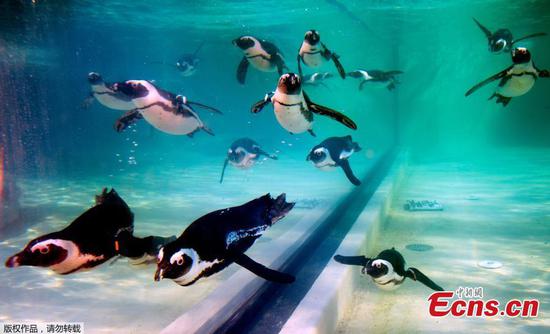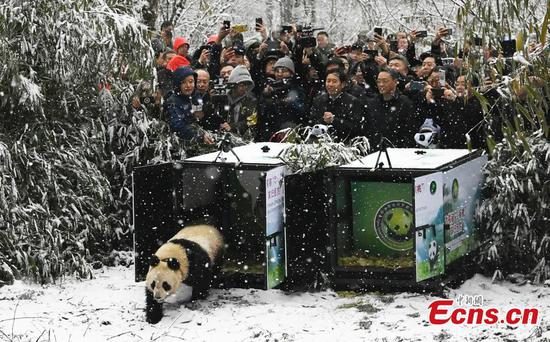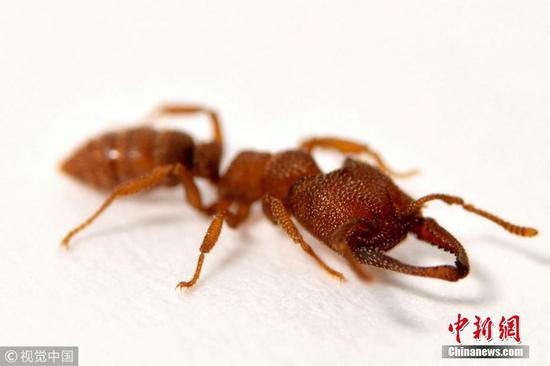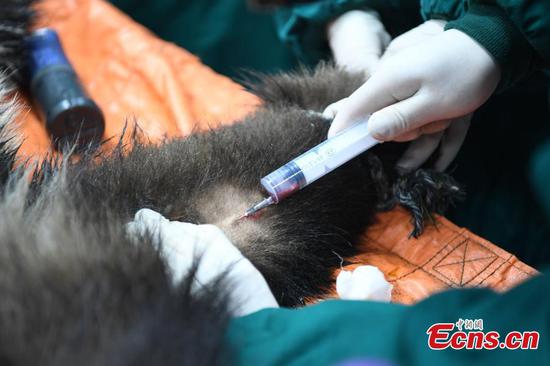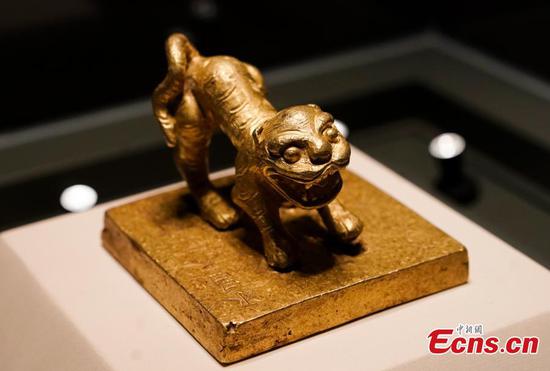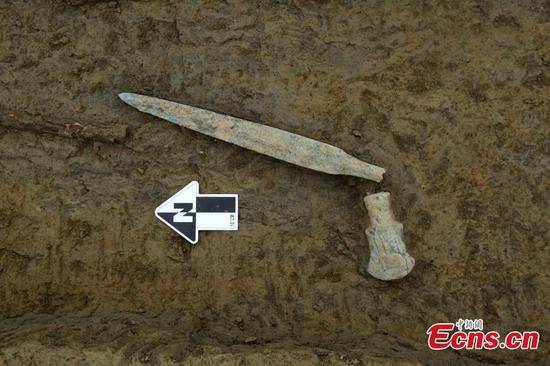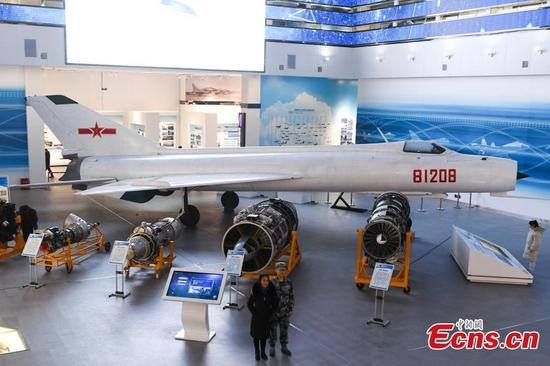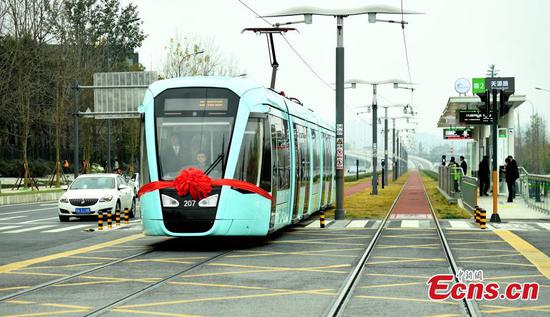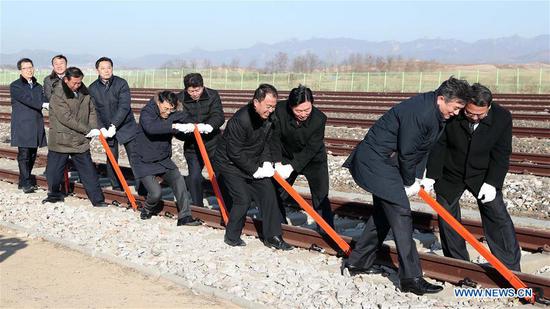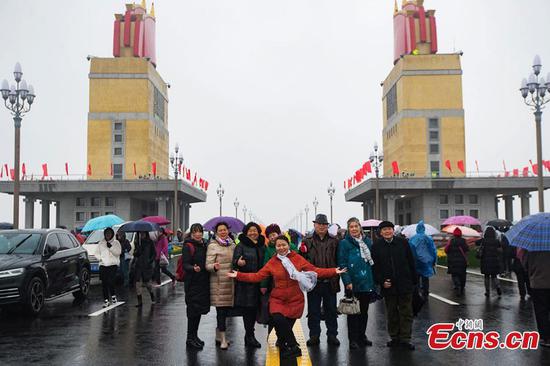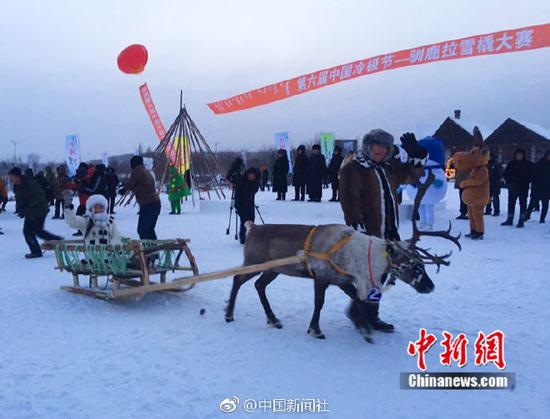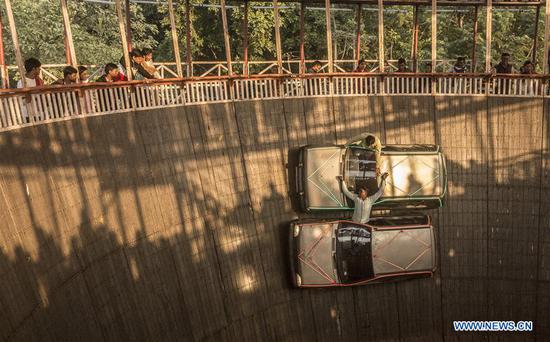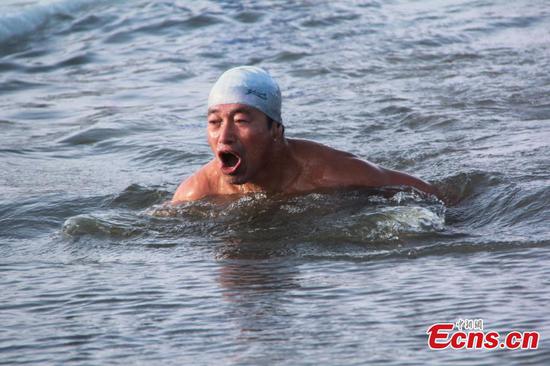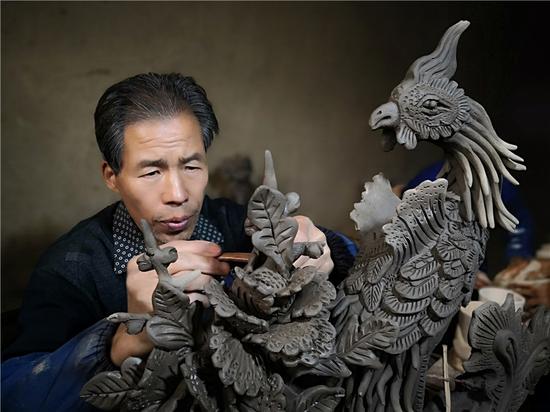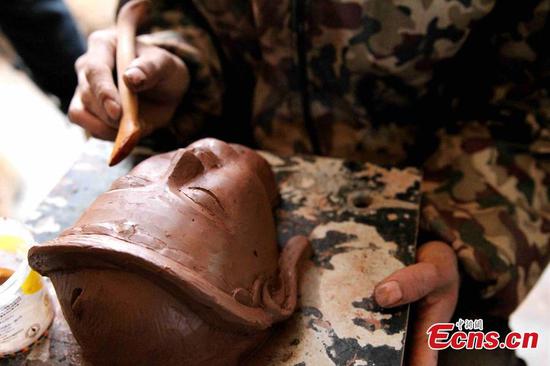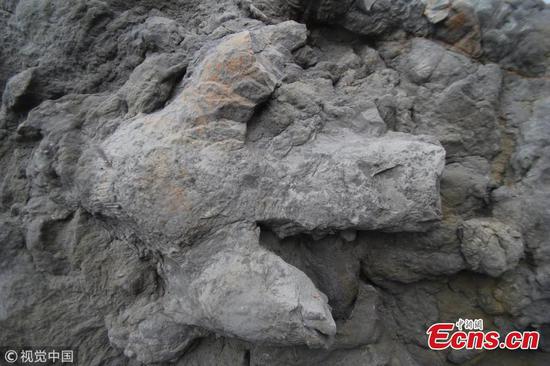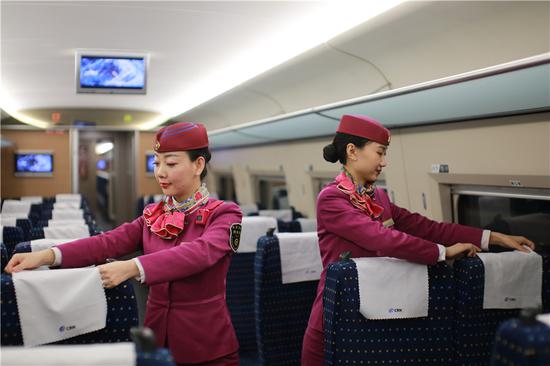
Research staff work at the laboratory of Innomed Medical Device, a biomedicine company set up at Suzhou Industrial Park in 2013. (Photo provided to China Daily)
After five years of development at the China-Singapore Suzhou Industrial Park, Innomed Medical Device plans to bring one of its guide wire products - widely used in cardiovascular operations - to major Chinese hospitals in the first quarter of next year.
Innomed expects to mass produce the guide wire from next year, and will expand its current 1,600-square-meter plant area to 3,000 sq m in 2019, said Gong Xiaoyan, founder and CEO of Innomed.
Gong set up the company at Suzhou Industrial Park in 2013, hoping to localize the production of certain interventional and implantable medical devices. The ultimate goal is to break the monopoly of imported cardiovascular guide wires in the Chinese market, he said.
In April, one of Innomed's guide wire products obtained approval from the US Food and Drug Administration. Two months later, the product was also approved in China, marking the startup's substantial progress.
Before deciding on the Suzhou Industrial Park, Gong visited numerous similar parks in other Chinese cities including Shanghai and Shenzhen. But the detailed advice and policies offered by the administrators in Suzhou helped him to make his final decision.
"Our company's chief technology officer has relocated here from the United States. At present, he is the highest-paid employee at Innomed, as he has been offered a number of subsidies based on local policies," he said.
Apart from economic incentives, Suzhou Industrial Park has connected the company with a number of local universities, including Soochow University, Xi'an Jiaotong University Suzhou Academy and Xi'an Jiaotong-Liverpool University, Gong added.
According to him, labor costs have been rising lately, but the company has still managed to build a research team of 10 people, representing 20 percent of the company's total headcount.
As the biomedicine industry is still an emerging industry, Innomed has to search worldwide for the right personnel. To meet such needs, the biomedicine industrial zone where the company is located provides an industry cluster, helping companies to set up exchanges with other companies in the park.
"To me, the Suzhou Industrial Park bears some resemblance to Silicon Valley, where academic background talks louder than anything else," he said.
The rapid growth of Innomed is just a snapshot of the mushrooming biomedicine industry in the park. At present, Suzhou Industrial Park has gathered more than 1,200 biomedicine companies and 20,000 high-end technology professionals.
The output of the park's biomedicine industry is expected to reach 78 billion yuan ($11.3 billion) this year.
With the help of the park's administrative committee, more than 20 biomedicine funds had invested there by October, providing financing worth more than 30 billion yuan.
Suzhou Industrial Park's effort to nurture biomedicine companies is also a response to the central authorities' call for the fostering of new technologies, new organizational models and new industrial clusters. This was a major message conveyed at the annual Central Economic Work Conference, which concluded in Beijing on Dec 21.
According to Wu Qingwen, secretary of the park's Party working committee, biomedicine is one of Suzhou Industrial Park's three pillar industries. The sector's annual growth rate will remain at 30 percent in 2019.
"The aim is to build an industrial cluster worth more than 100 billion yuan in the near future. We should attach more importance to the innovation of new technologies, as well as the products, materials and products developed on our own," said Wu.









